Welcome to Part 5 of Human Husbandry! What is human husbandry, you may ask? Great question—I made it up. If animal husbandry is the care and keeping of the creatures around us, then human husbandry is the care and keeping of ourselves. In this series, we’re focusing on how to take care of ourselves in gentle, compassionate, and healthy ways, particularly when that care-giving is hard. If you haven’t yet, make sure to check out Part 1: Go Play!, Part 2: Go to the Vet, and Part 3: Go to Bed.
I’ve never had a dog who liked baths. Sammy would try to jump out of the tub mid-bath. My tri-pawed sheltie Brie couldn’t jump out of the tub, and so would give me a look that was so pathetic, it made Sarah McLaughlin’s Angel spontaneously play from the nearest speakers.
And Pants? She hates all water—rain, baths, rivers, lakes, and anything in her water bowl that isn’t fresh and filtered.
I’ve also never had a dog who liked having their nails clipped, and Pants is the only dog I know who’s excited about getting her teeth brushed or getting her hair combed. (But not her butt fur. Don’t touch her butt.)
In other words, hygiene is hard. It’s unfamiliar, uncomfortable, time intensive, and overwhelming. And not just for dogs—for a lot of humans, too.
Finding the time and motivation to do all the things you’re supposed to do—shower every day, brush your teeth twice, floss at night, wash your face, trim or shave hair, brush hair, and more—can be hard on a normal day. But when you have medical or mental health conditions on your plate as well? It’s a whole different game of fetch.
In today’s edition of Human Husbandry, we’re talking about the assumptions we make about hygiene, the shame that comes up around it, and how to make hygiene more accessible. Sammy, Brie, and Pants are all going to offer their support because they’re in agreement: baths blow.

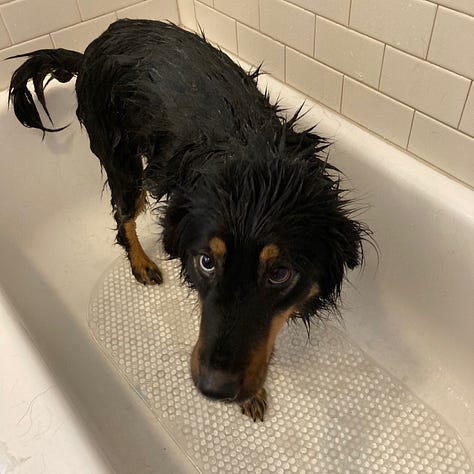
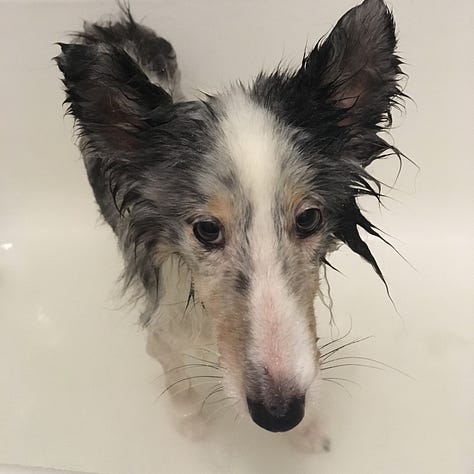
There’s a lot of shame that comes up with hygiene. Sometimes it’s the general assumption that the “right” number of showers is once a day. Other times it’s when you get the talk at the dentist about brushing or flossing more. But most of the time, the shame is coming from inside. We berate ourselves for not doing enough, we call ourselves gross or disgusting, and then we feel worse. And when we feel worse, we’re more likely to avoid the shame trigger—hygiene.
Shame is not an effective motivator.
The Right Way to Be Clean
One driver of shame is the belief that there’s one right way to do hygiene, and if you’re not doing it that way, you’re unhygienic.
I have news for you: that’s a dirty lie.
Did you know that a normal number of times to bathe your dog is four times a year? And that short-haired dogs need fewer baths than long-haired dogs, unless they’re hairless dogs or double-coated dogs, which need more or fewer baths because of their skin and coat needs…have I lost you yet? Yeah, it’s complicated. The short explanation of how much you need to bathe your dog is: it depends. So why not for humans, too?
Sammy was a stinky guy. So stinky. I’d bathe him and one week later he was gross again. He’d get a dental and within three weeks his mouth would smell like something died in there. You’d think he’d be a candidate for frequent baths. But Sammy also had lots of skin problems and was prone to hot spots, and he had a double coat, so bathing him more frequently would have caused him harm. He was also extremely anxious and really suffered through the grooming process. In the last three years of his life, he had a heart condition, so putting him under more stress was medically contra-indicated.
Because of all of this, I decided to just accept my stinky little dude as he was and bathe him less. Instead, I got a waterless foam that I could rub him down with and doggy wet wipes for spot cleaning. I rarely did a full groom on him, instead spending ten minutes focusing on one area or clipping the nails on one paw. I broke hygiene up into smaller, less stressful bits for him.
Maybe you’re in a similar boat (or tub, as it may be). Maybe showering or brushing your teeth, washing your hair or trimming your beard feels really stressful or overwhelming. And because it’s stressful or overwhelming, you avoid it altogether. Then you feel worse about yourself and avoid hygiene more.
You Are Not Alone
You are not the only person who struggles with this. Your brain might tell you that you are, but I want you to know you aren’t. Millions of people struggle with this. They’re with you in your struggle. Think of what you would say to them to comfort and encourage them. Now give that kindness and compassion to yourself.
You Set the Standard
Who gets to decide how much you should bathe?
You do.
You also get to decide how you make that determination. With Sam, I considered his health, his emotional state, his coat, and the recommendation for dogs like him, as well as my tolerance for his P-U factor. For Brie, I took into account how having three legs put more stress and strain on her body, and how much more anxiety-provoking that made baths for her. Towards the end of her life, I also considered her arthritis in her back leg.
You Name the Goal
You can break hygiene up into smaller pieces to make it less overwhelming. For example, Pants is not a fan of having her nails done, and at this point, desensitization training has not helped. So instead of making her do all four paws, we just do one paw a day. It’s fast, and then it’s over. Or we do a little Dremel on each nail once a week. Again, fast and then over.
If showering feels like too much, what about just focusing on the stinky bits? If that’s too much, how about a wet wipe or washcloth? If brushing your teeth is overwhelming, throw back some mouthwash, or set a timer for thirty seconds and just brush (toothpaste optional) until the timer goes off.
The goal here isn’t necessarily hygiene. The goal is to show yourself that you can be successful at hygiene. When I trim Pants’ nails a little at a time, I’m not making a huge difference in her nail length. I’m showing her that getting her nails trimmed is not painful, and helping her get used to it so it’s not scary. Every time you’re successful at doing something, you’ll be more motivated to do it again. Think about how you can break up hygiene tasks to make them less overwhelming and more achievable. Each time you do that, you’re one step closer to doing the whole thing—the whole shower, brushing all your teeth, and so on. You’re making hygiene work for you.


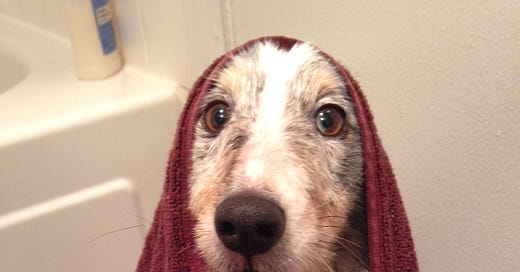



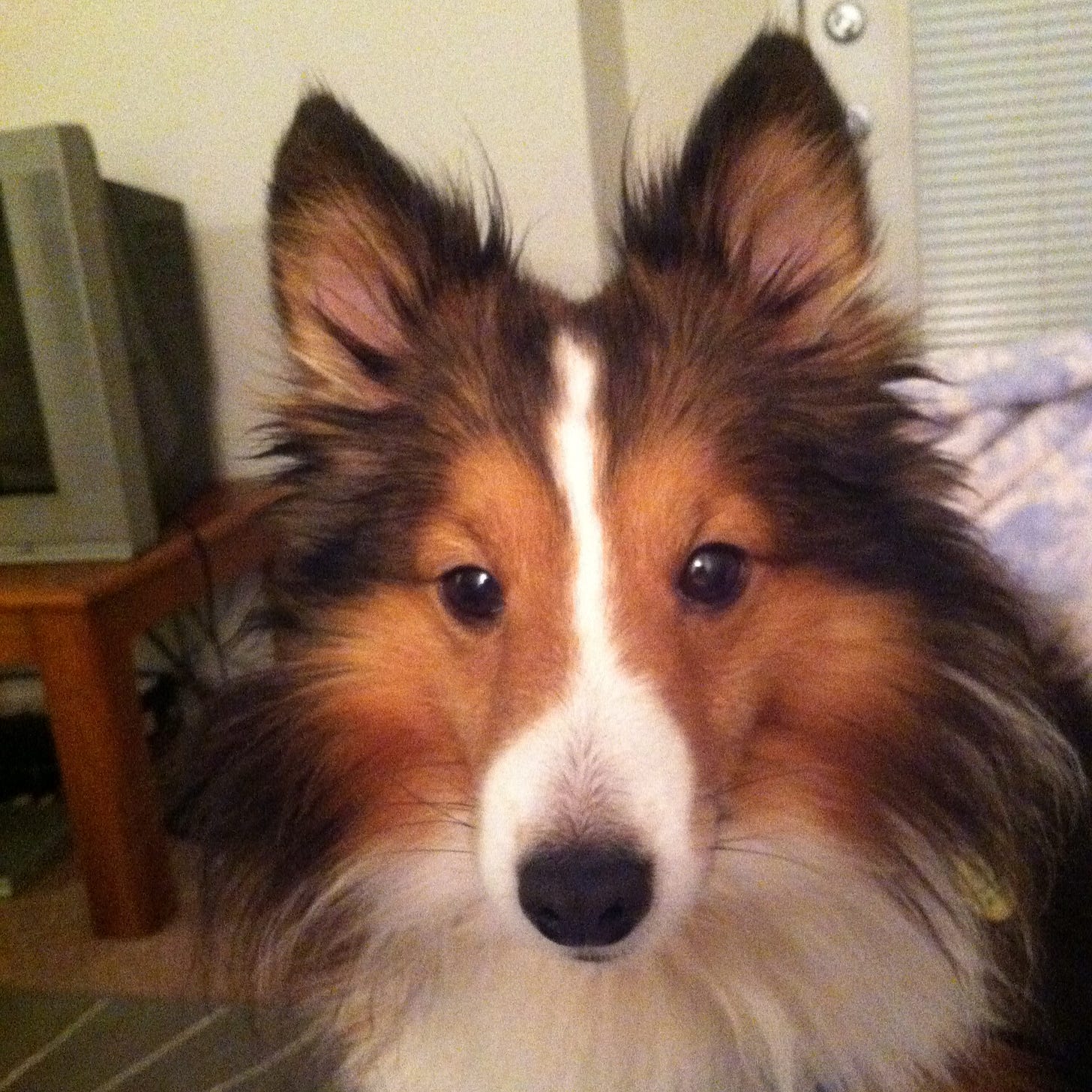
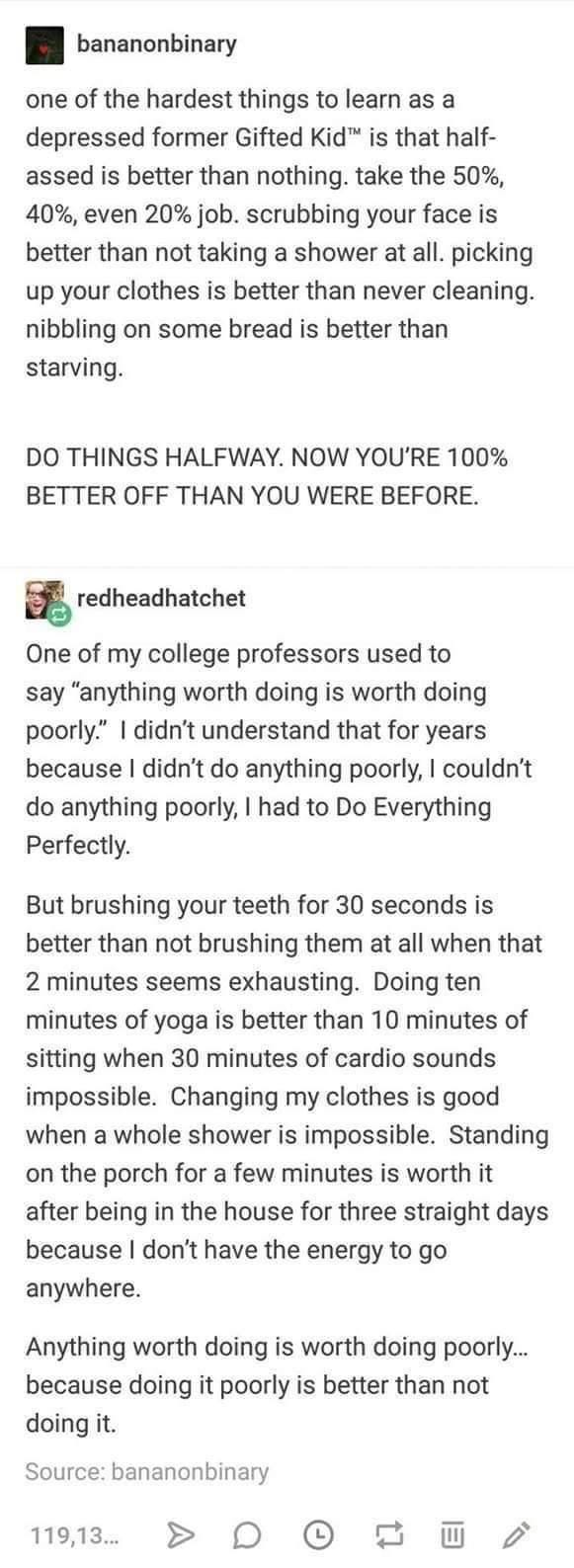

I am a person who loves baths so that part of hygiene isn't difficult for me. But I have people in my life for whom hygiene is a challenge. This essay helped me understand a bit more what was behind their hesitation and treat them with more compassion. Thank you.
Thank you for this! I find showering every day impossible...I have Fibromyalgia and Chronic Fatigue Syndrome. I carry a lot of shame about this. I do try to do a little something every day and leave it at that. Still hard not to feel shameful, so i am grateful that you're breaking the silence on this! ❤️